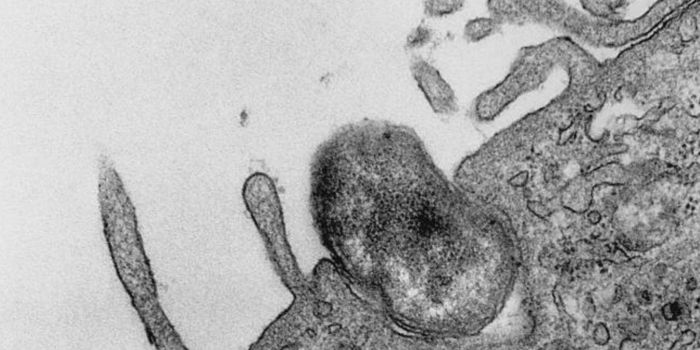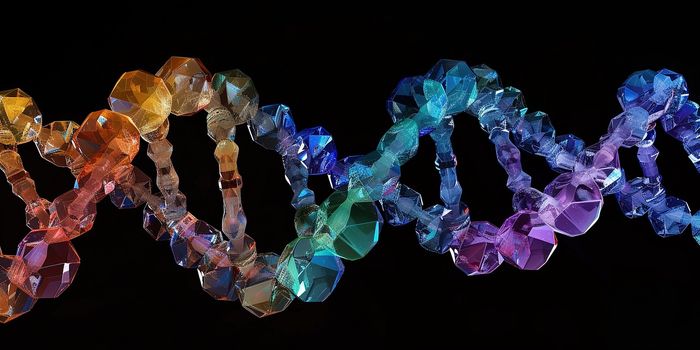New Genetic Syndrome Makes Cancer More Likely
A recent study brings good news and bad news for mutations in the FANCM gene. The good news is that people with mutations in both copies of the FANCM gene may not develop the rare bone marrow disease Fanconi anemia, for which the gene is named. The bad news is that people with these mutations may be predisposed to early onset cancer, namely breast cancer.
Two recent studies published in the journal Genetics in Medicine upturn what we thought we knew about the FANCM gene. That is, the FANCM gene, so named for the Fanconia anemia (FA) condition, may not be a canonical Fanconia anemia gene. Instead, one study concluded that FANCM is actually a “breast cancer-predisposing gene.”
"Until now it was thought that biallelic mutations in the FANCM gene caused Fanconi anemia, but we have now demonstrated that it is not so, given that in the two studies there were eight patients with these mutations and none of them had anemia,” said Jordi Surrallés, the senior investigator of one of the studies, from the Centre for Biomedical Network Research on Rare Diseases (CIBERER) and the Universitat Autònoma de Barcelona in Spain.
In 2005, researchers linked homozygous mutations in this gene with the development of Fanconi anemia – a rare bone marrow disease. Since then, such mutations have been categorized with the disease almost by default. Because the gene functions in DNA repair, researchers found that some patients with the mutations had an increased risk of cancer, breast cancer in particular.
To better understand how FANCM mutations contribute to other diseases, Surrallés’ team analyzed the genome of 3 patients with such mutations in both copies of the gene. Despite having the FANCM mutations, these patients were seemingly free from symptoms characteristic of Fanconi anemia. They didn’t have congenital malformations or abnormalities in their blood consistent with the disease. What the patients did have was a higher than usual risk for early-onset cancer, including leukemia, and head and neck cancer.
In a separate but parallel study, researchers, led by Javier Benitez at the Spanish National Cancer Research Centre (CNIO), found similar results in a group of 5 women who also had mutation in both copies of the FANCM gene. The study confirmed that the women, despite having FANCM mutations, did not develop Fanconi anemia. Rather, the patients had a high genetic susceptibility to breast cancer.
“Therefore, in view of the new syndrome, there is a need to modify the clinical monitoring of patients with biallelic mutations in the FANCM gene and taking precautions when using chemotherapy and radiation therapies due to the acute toxicity they may produce,” the researchers suggested. - IANS
In both studies, the patients also showed predisposition to chemotherapy toxicity and chromosomal fragility, presumably because mutations in this gene diminishes the ability of cells to repair DNA damages. This observation has big implications for these patients, as the wrong chemotherapy could end up exacerbating the cancer mutations.
“Loss-of-function mutations in FANCM cause a cancer predisposition syndrome clinically distinct from bona fide FA. Care should be taken with chemotherapy and radiation treatments in these patients due to expected acute toxicity,” the authors concluded.
Additional sources: Universitat Autonoma de Barcelona via EurekAlert!, MNT









